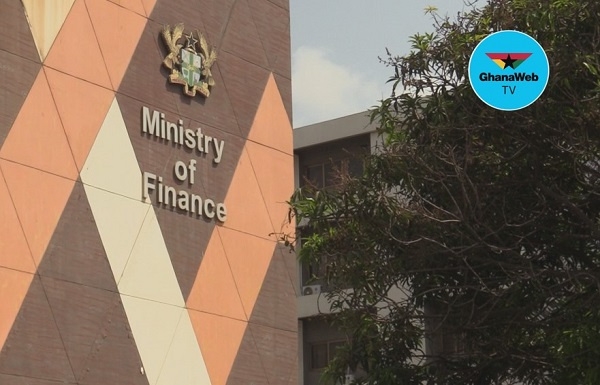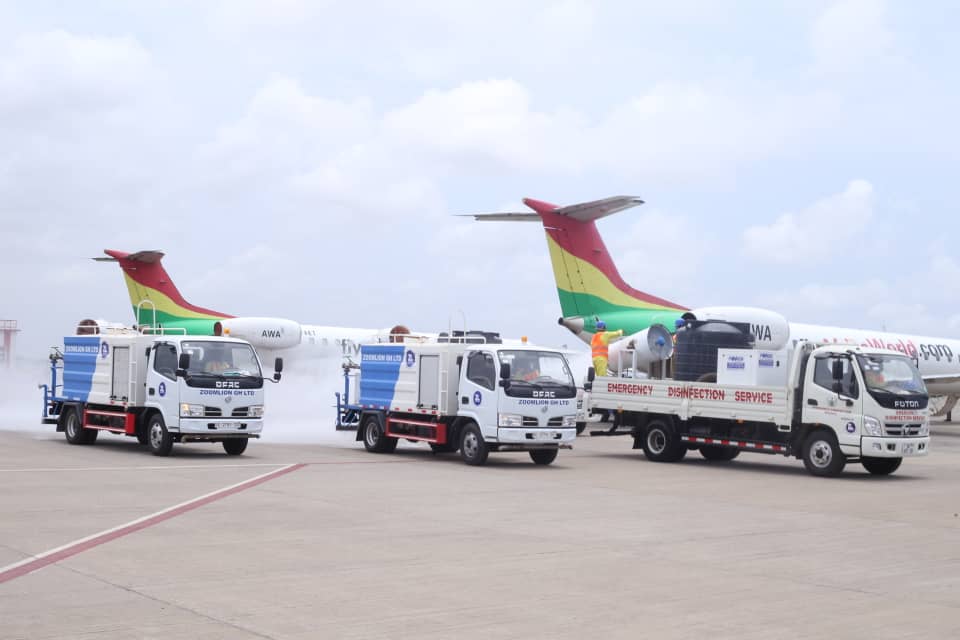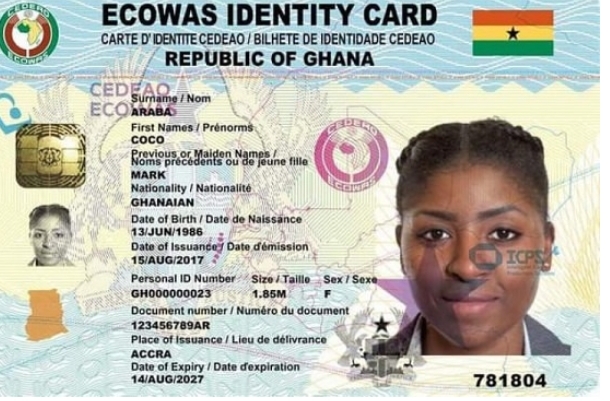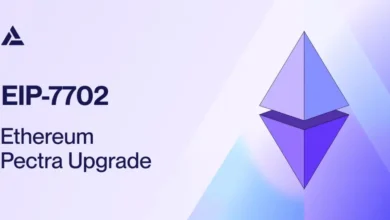Ghana is ‘broke’, support E-Levy – Ken Ofori-Atta
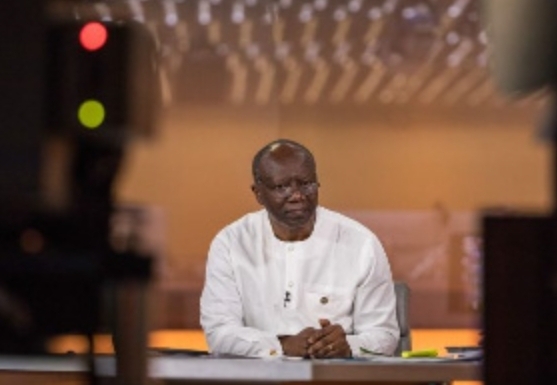
Minister of Finance, Ken Ofori-Atta, has admitted to the dire economic challenges Ghana is faced with.
According to him, the nation currently is unable to undertake or continue developmental projects, implement salary increments due to a lack of funds.
Making his submission at a Government Town Hall meeting in Wa on Monday, February 21, Ken Ofori-Atta underscored the need for Ghanaians to accept the Electronic Transactions Levy (E-Levy) in order for government to fill revenue gaps and increase development.
“I look at teachers and civil servants for example, and I will be the first to admit that the salaries are indecent, nobody will argue with that. At the same time, it is 60 percent of all the revenue we collect from 700,000 people [go into salary payment,] that is also a fact,” Ken Ofori-Atta stated.
“So yes, there is a legitimate demand for more and there is a legitimate reality that there is no money. So, what do we do as a society? Then you ask me to give you more salary, which is fine, then I say, but it is your colleague civil servants who collect the money, so how can you responsible for collecting the money, not collect it and then tell me to give you the money. That will be another issue,” he added.
Since the announcement of the E-Levy, government has insisted the tax measure is necessary to generate some GH¢6.9 billion in revenue for Ghana in 2022.
Although a decision to approve the E-Levy is yet to materialize in Parliament, the Minority caucus has vowed to kick against approving the E-Levy citing it will place more hardship on the ordinary citizen.
Also, a cross-section of the public has bemoaned the introduction of the tax measure.
The E-levy is a new tax measure introduced by government in the 2022 Budget on basic transactions related to digital payments and electronic transactions aimed at widening the tax net and increasing revenue.
The tax measure, if approved, would place a charge of 1.75 percent on all electronic transactions that are more than GH¢100 daily (24 hours).
This will cover mobile money payments, ATM withdrawals, inward remittances among others.
Source: www.ghanaweb.com

